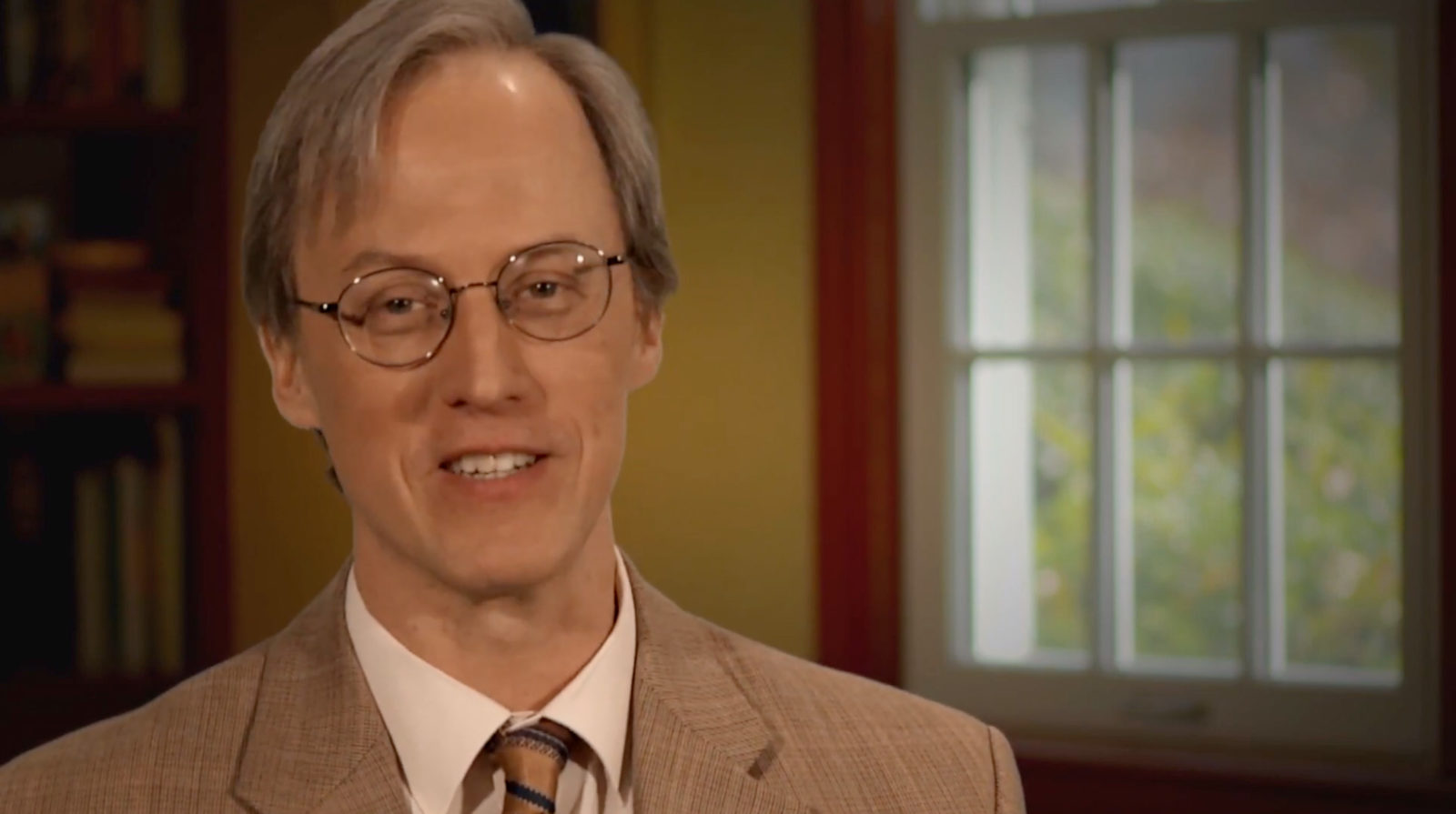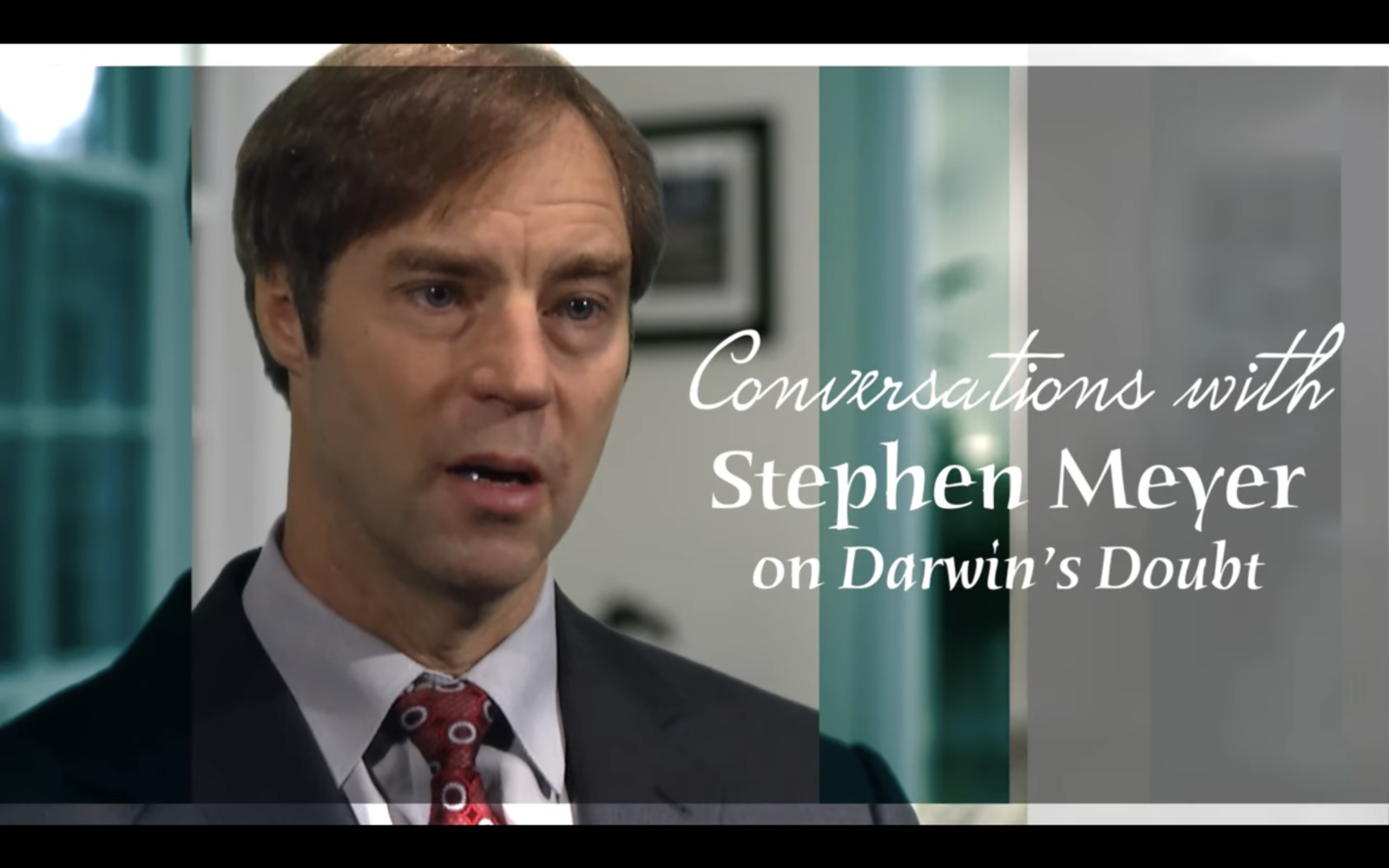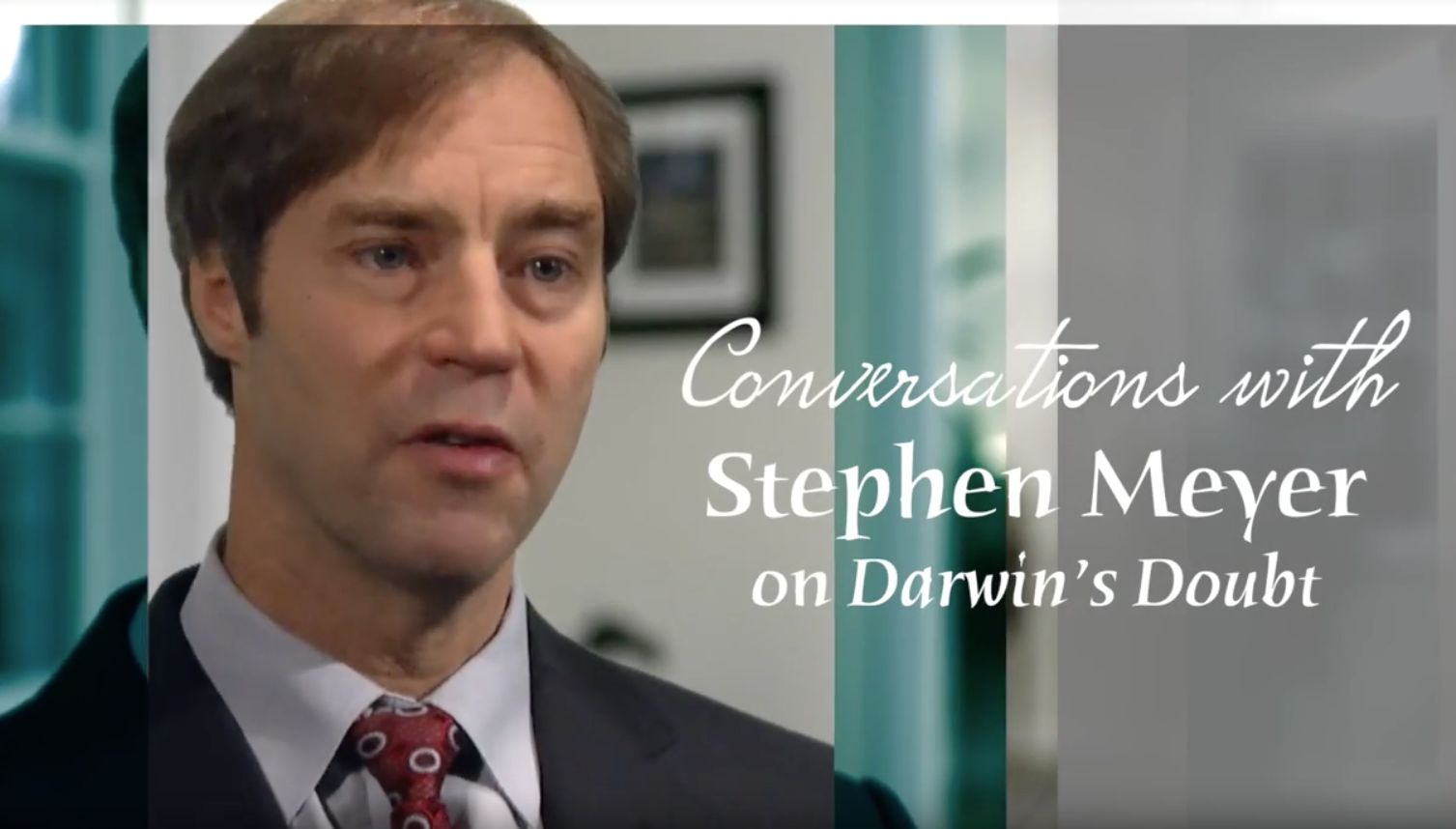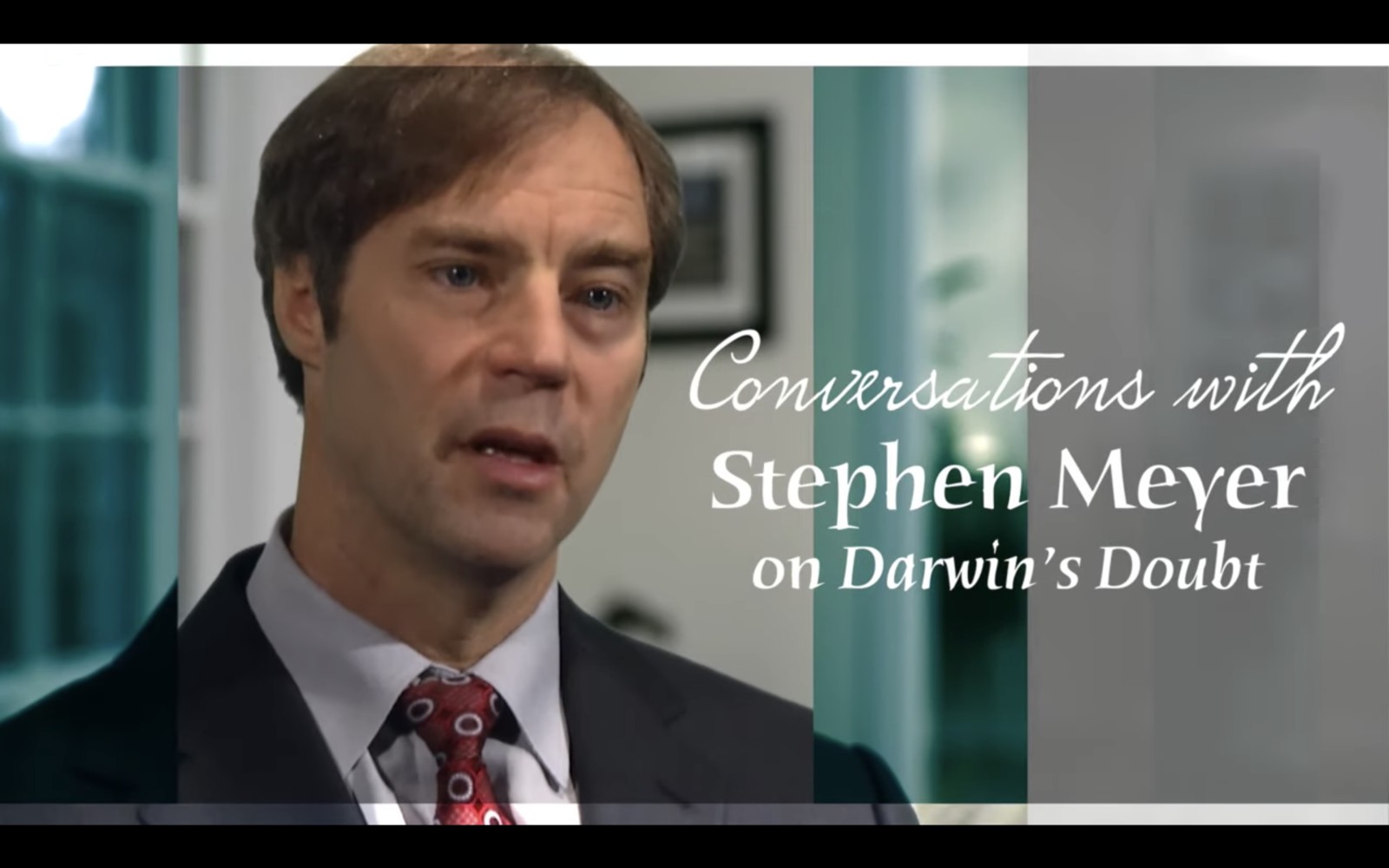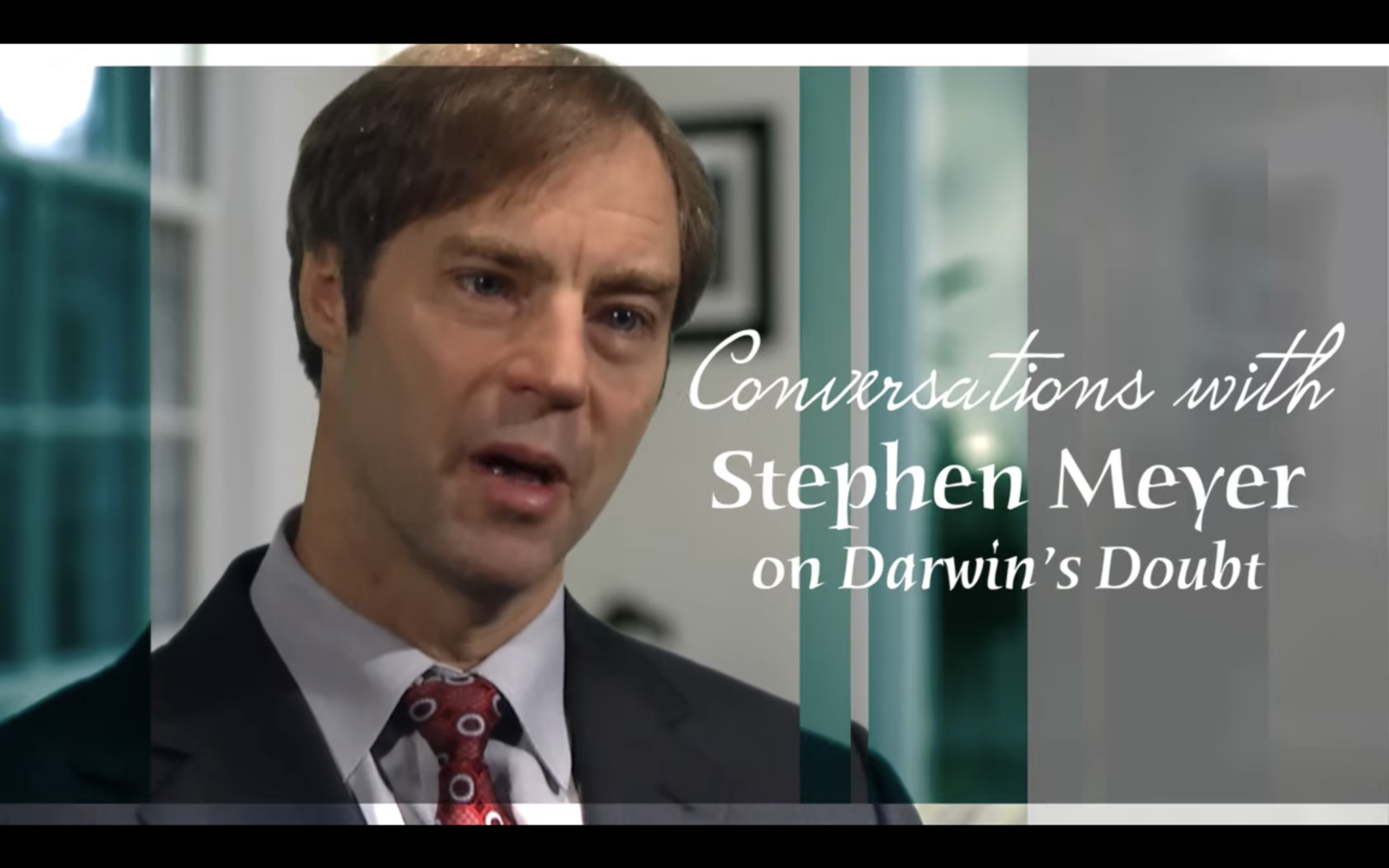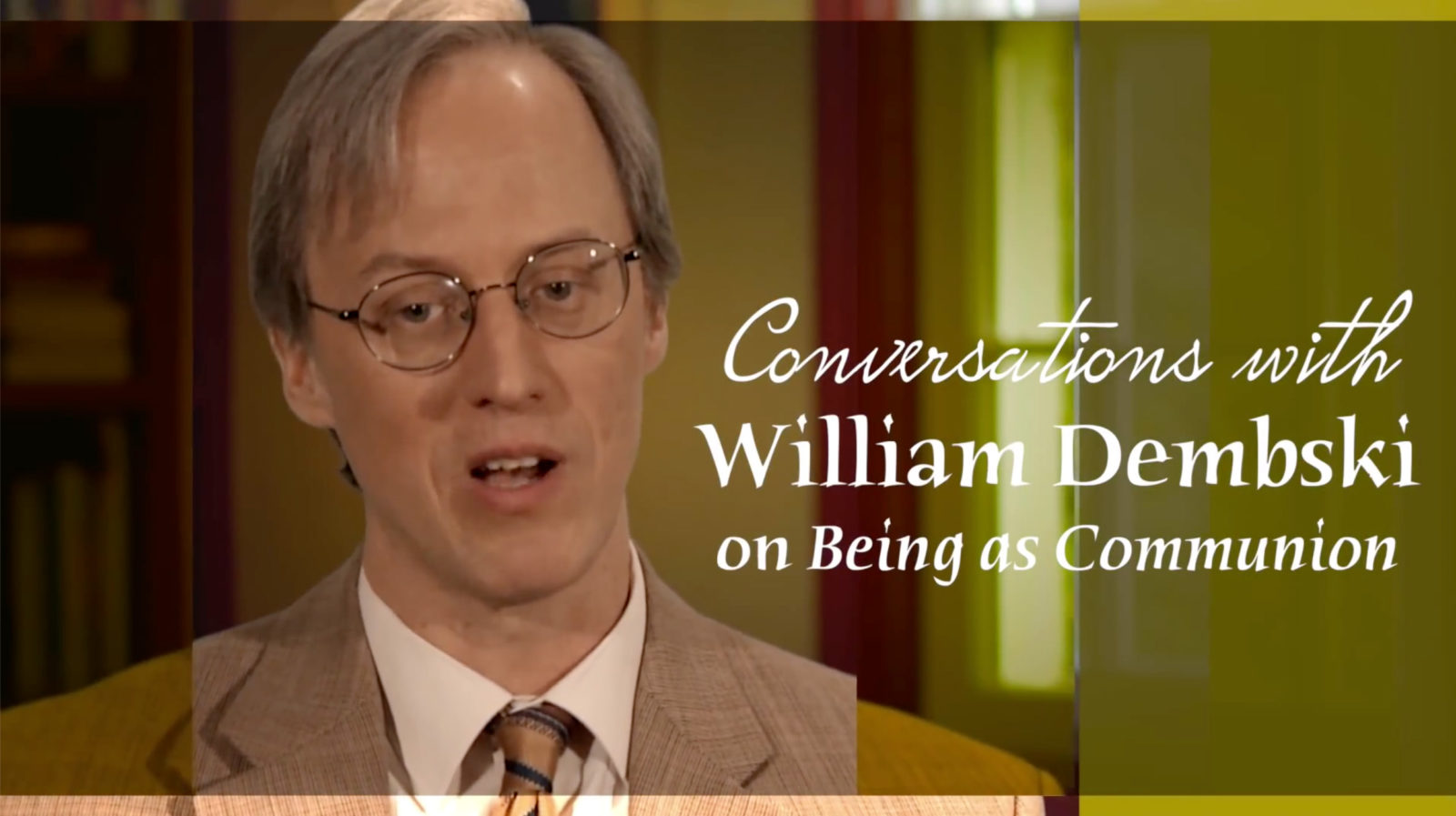
The Meaning of Information
In this clip, Dr. Dembski discusses the meaning of information. Dembski defines information as the “ruling out of possibilities.” By ruling a range of possibilities, you learn something. You can do science with this because you can start applying probabilities and measuring information.
